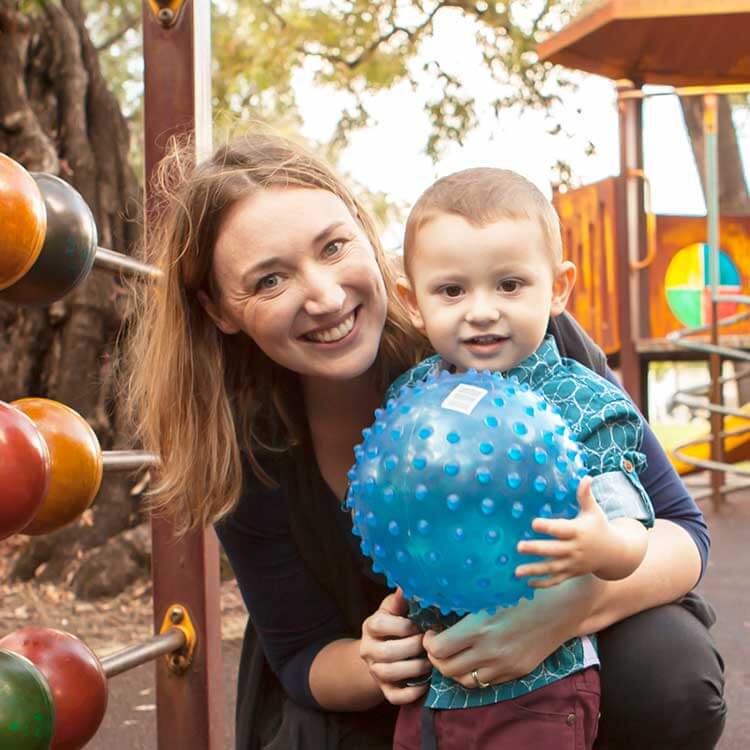Search
Showing results for "Au"

News & Events
Understanding allergiesResearchers around the world, including at The Kids Research Institute Australia, are playing catch up as they try to understand what is causing the big increase in allergies
The Kids Research Institute Australia researchers will have continued access to the latest equipment to support and enable their important research, thanks to Maia Financial.
Research
A trauma-focused program for childhood and adolescent dissociationDissociation is the act of separating oneself from reality and is often used by children and young people to disconnect from traumatic experiences.
Research
Chemosensitisation of medulloblastoma and pineoblastomaRaelene Nick Endersby Gottardo BSc (Hons) PhD MBChB FRACP PhD Brainchild Fellow; Co-Head, Brain Tumour Research Head of Paediatric and Adolescent
Research
Developing a novel therapeutic pipeline for antibiotic resistant bacterial lung infection in children: investigating and assessing the potential phage therapyAntimicrobial resistance is a global health crisis, which has accelerated due to the overuse of antibiotics.
Research
Effectiveness of childcare centre interventions to increase young children’s physical activityThe aim of this project is to evaluate the efficacy of childcare centre based interventions to increase young children’s physical activity.
Research
Kids are not small adults, Identifying age-dependent drug targets in paediatric oncologyCancers in children are very different to cancers in adults. However, most therapeutic strategies are designed explicitly for adult cancers, and then used in children if proven safe.
Research
The CASHEW Study - Introducing Cashew Nuts During InfancyDebbie Susan Palmer Prescott BSc BND PhD MBBS BMedSci PhD FRACP Head, Nutrition in Early Life Honorary Research Fellow debbie.palmer@uwa.edu.au
Research
A Phase 3, Randomized, Observer-Blind, Placebo-Controlled, Group-Sequential Study to Determine the Immunogenicity and Safety of a Respiratory Syncytial Virus (RSV) F Nanoparticle Vaccine with Aluminium in Healthy Third-trimester Pregnant Women; and SafetyElke Jennifer Peter Seppanen Kent Richmond BSc PhD RN MBBS MRCP(UK) FRACP Program Manager, Bacterial Respiratory Infectious Disease Group Clinical
Research
Purpose After Service through Sport (PASS): Supporting Military Veterans and their FamiliesVeterans who transition out of the military often face substantive challenges during their move to civilian life, including the management of their health, identifying opportunities for employment, contributing to the financial and emotional functioning of their household, and developing high-quality social connec
